Harvest 4 Change
Building Resilient AgTech Businesses for a Changing Climate
Harvest for Change is a transformative initiative designed to lead the agricultural sector toward a sustainable future. As climate change increasingly threatens food security, economic stability, and environmental health, this project explores AgTechs to empower agriculture and livestock with resilient and sustainable practices
Supported by Embrapa (Brazil) and the University of Illinois Urbana-Champaign (U.S)
Our endeavors
How AgTech Businesses Innovate and are Addressing Sustainability?
To foster a more resilient agricultural production system, it is crucial to assess and compare three key dimensions across AgTechs: Vulnerability, Readiness and Innovation Capability.
Our endeavors harness world-class research and insight to create actionable frameworks that drive profitability, reduce carbon footprints, and ensure food security for generations to come.
Join us to cultivate a sustainable future, one innovation at a time!
Vulnerability
Which vulnerabilities most affect these businesses across the agricultural and livestock value chain?
Readiness
How prepared are organizations to adapt to climate challenges and market shifts?
Innovation Capacity
How effectively can companies create, adopt, and scale new solutions across the agricultural and livestock market?
Climate Impact & Future Challenges
How our future will look like if we didn't take a step forward
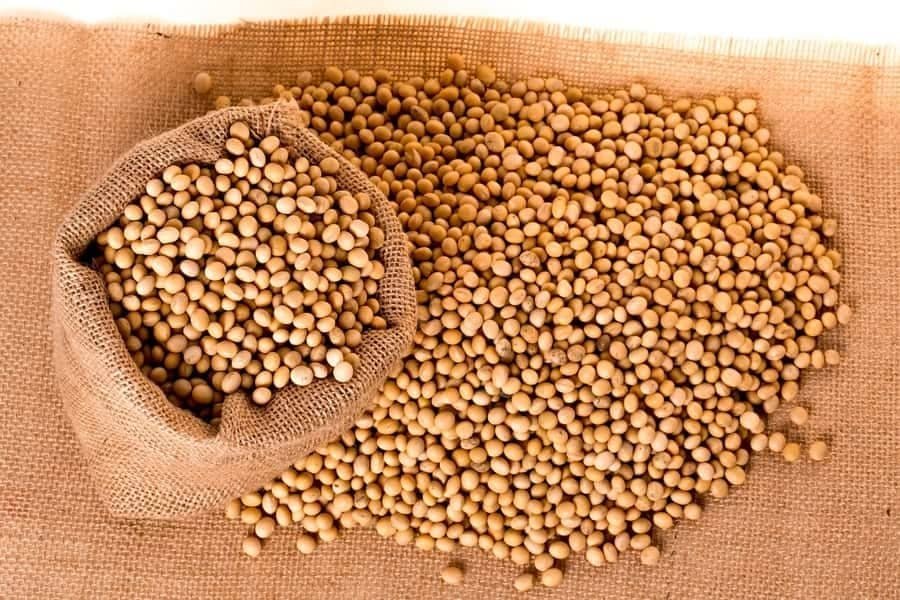
Global Crop Yield Projection
Climate change is projected to reduce yields of staple crops like rice, wheat, and maize by up to 10% by 2050 in some regions, threatening global food security and affecting economies dependent on agriculture.
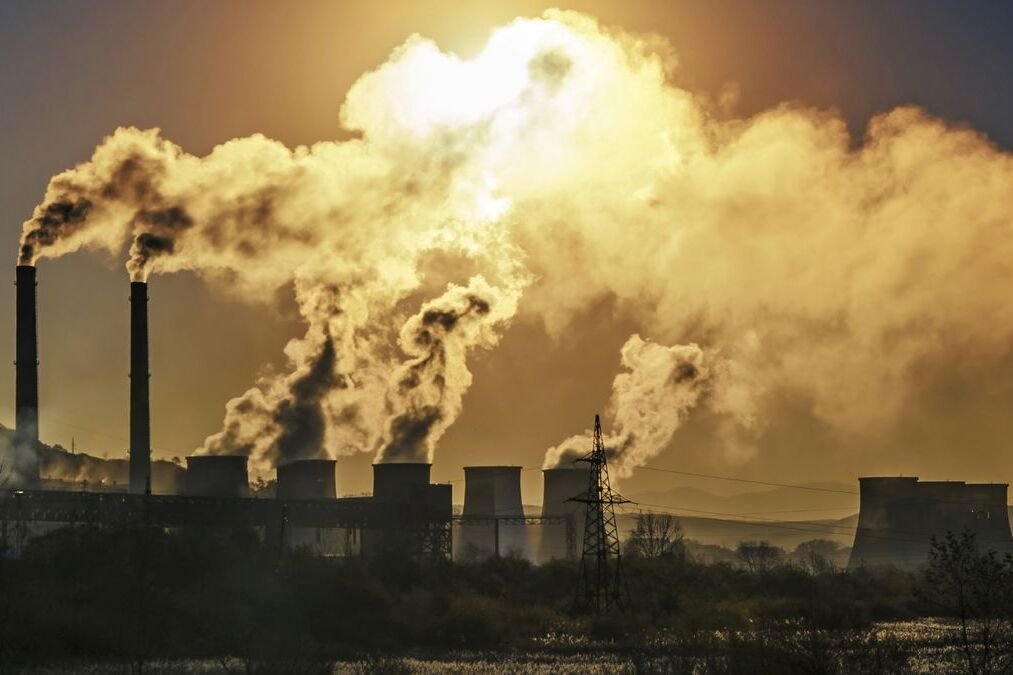
Greenhouse Gas Emissions
The agriculture sector contributes approximately 30% of global greenhouse gas emissions, driven by deforestation, livestock methane emissions, and inefficient farming practices.
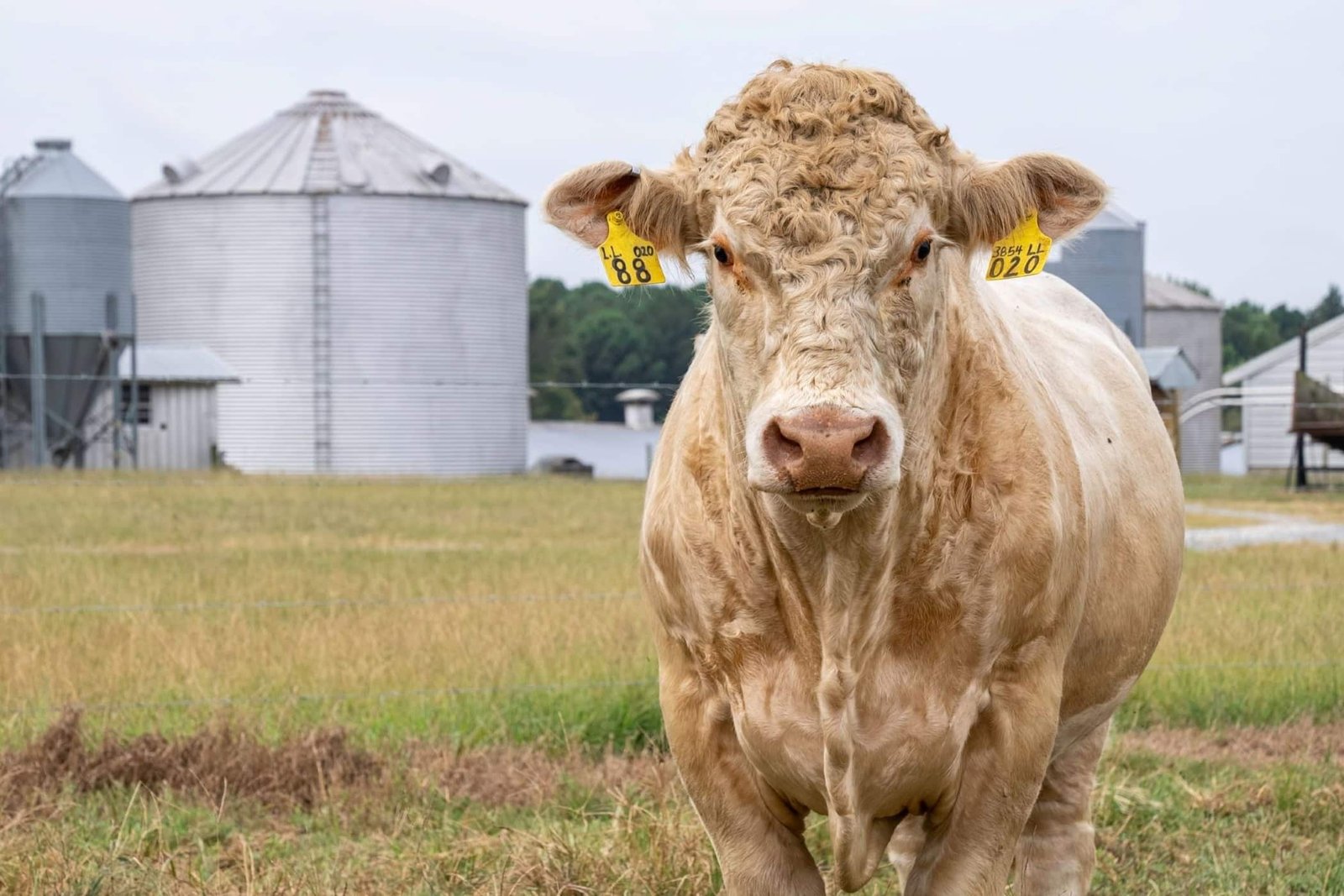
Cattle Emissions
Livestock production contributes approximately 14.5% of global greenhouse gas emissions, with cattle responsible for about 65% of this total. Methane emissions from enteric fermentation in cattle are the primary driver of these emissions, significantly impacting climate change.
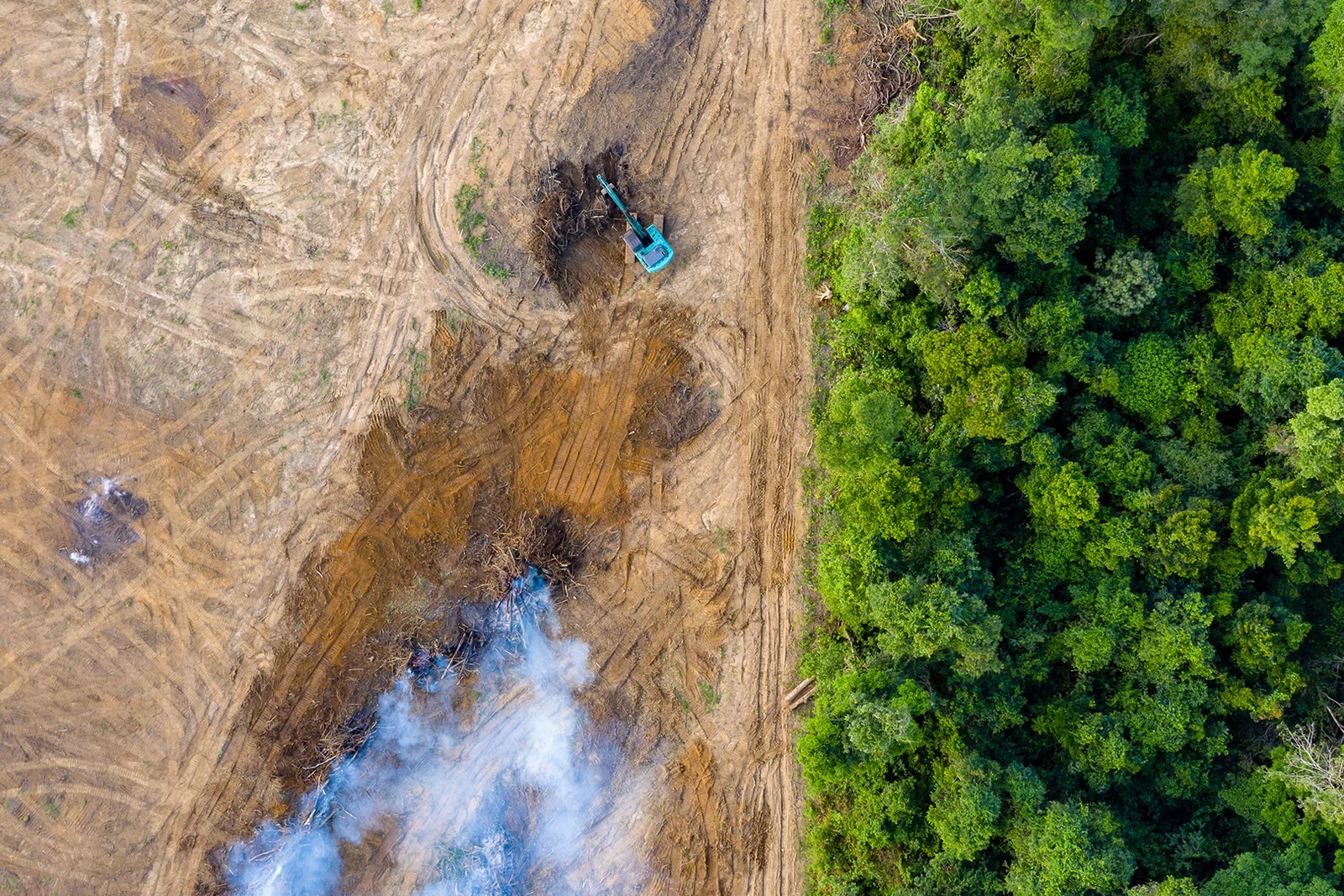
Deforestation and Agriculture
Over 60% of global deforestation is linked to agricultural expansion, particularly in tropical regions like the Amazon, Southeast Asia, and Central Africa, contributing significantly to biodiversity loss and emissions.
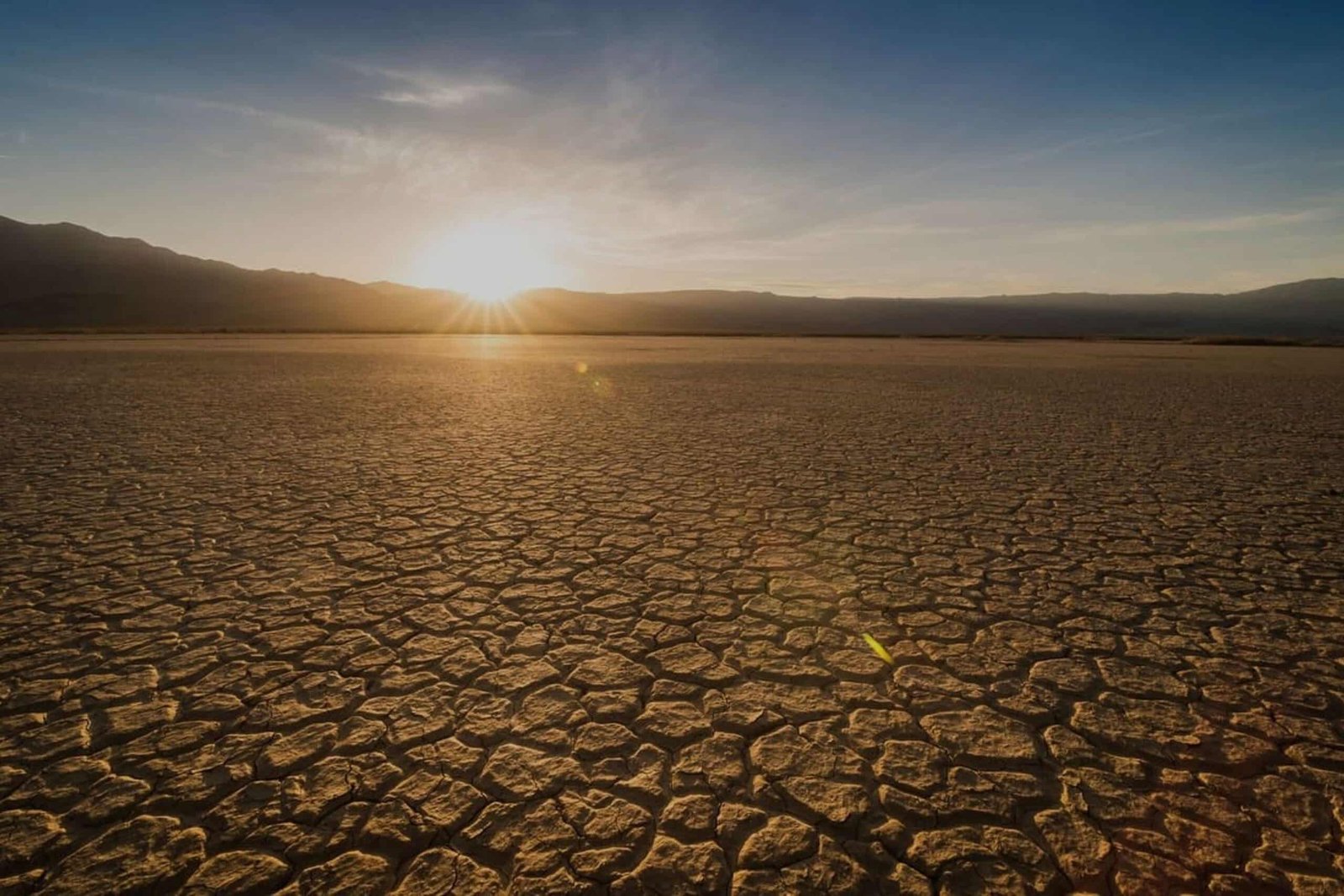
Water Stress and Soil Degradation
Agriculture accounts for 70% of global freshwater use, and unsustainable irrigation practices exacerbate water scarcity, while over-farming leads to soil degradation, impacting long-term productivity.
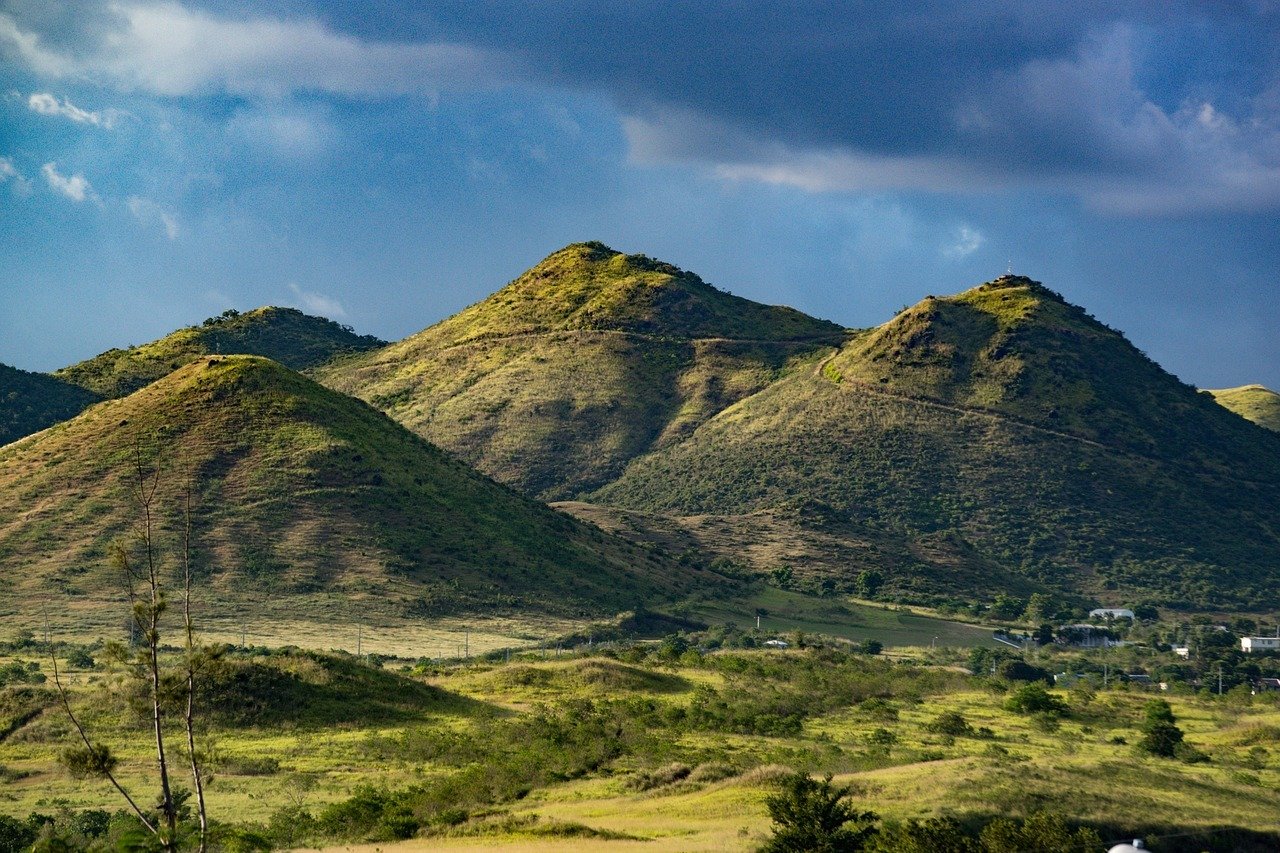
Land Usage
Globally, there are approximately 75 million hectares of underproductive agricultural land that could be repurposed or restored using sustainable practices. This includes degraded pastures and farmlands that, with proper management, can support climate-resilient agriculture and carbon sequestration.
Why Participate?
If you're part of the agricultural and livestock sector, this research is your gateway to shaping a sustainable and resilient future for your business and the industry.
Participants will be part of our journey
At the end of your participation, you will be part of our journey, and you will be recognized by the project; moreover, you will receive powerful insights and results from the research’s analysis.
- Earn a recognition certificate
- Receive the final research results
- Communicate directly with the researchers
- Be part of future initiatives under Harvest 4 Change
About The Researchers
We are dedicated to bringing solutions and insights to the future of AgTech businesses and changing climate.
Our Team
Founders & Researchers
Dr. Nick Paulson
Member of the Agricultural and Consumer Economics Department at the University of Illinois - Urbana-Champaign (UIUC), where he has developed responsibilities for research, teaching, and extension. Some extension activities, as part of the University of Illinois farmdoc team, stem primarily from his research program. www.farmdocdaily.illinois.edu
Dr. Rafael Vivian
Researcher at Embrapa Genetic Resources and Biotechnology with background in sustainable agricultural management systems. Solid experience in agribusiness and new bioeconomy concepts as head business innovation of Embrapa. Visiting researcher at University of Illinois (USA). RD&I manager projects and business and market analysis. Member of the Steering Committee of the Economics of Ecosystem and Biodiversity (TEEB) by the United Nations Environment Program.
Dr. Joana Colussi
Coordinates the instruction, research, and learning innovation in the Department of Agricultural and Consumer Economics at UIUC. Her research focuses on the influence of communication channels on technology adoption, especially in soybean production in Brazil and the United States. Participant in the award-winning Farmdoc extension project.
Dr. Steven T. Sonka
Emeritus Chaired Professor of Agricultural Strategy at the University of Illinois and Emeritus Director, Centrec Consulting Group, Dr. Sonka has crafted numerous innovative initiatives focused on combining the strengths of public and private sector entities to foster agricultural development and technology innovation. He is well known for his unusual ability to relate that scholarship to practical issues of importance to decision makers, whether working as an academic scholar or as a private sector consultant. His broad range of agricultural expertise led to his selection as the first holder of the Soybean Industry Chair in Agricultural Strategy and as the first Director of the ADM Institute.
Abdelhay Alamaldean
Driven to bring digital solutions and innovation to Harvest 4 Change, Abdelhay manages the digital strategy, project execution, and development to create a performance-driven platform and visual to help deliver The initiative's message widely online. With a strong foundation in entrepreneurship, strategic marketing, and team management, I aim to empower agri-food entrepreneurs to meet future climate challenges head-on.
Dr. Ana Paula Vaz
Embrapa researcher in the business area, she has experience in several agricultural sectors such as ornamental, medicinal, spice, and fruit plants. Worked on modeling new proposals for organizing the company's international databases, supporting market analysis for strategic intelligence for teams and senior management. He currently works on diagnosing strategic scenarios and managing the company's assets.
Together, with your combined expertise in agribusiness and sustainable practices, allow us to lead the “Harvest 4 Change” initiative, aiming to accelerate sustainable transformation in the agricultural and livestock sector.
